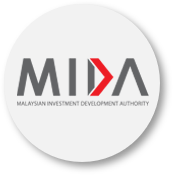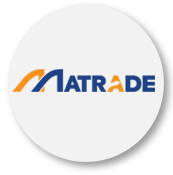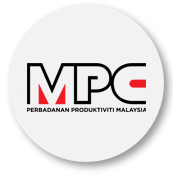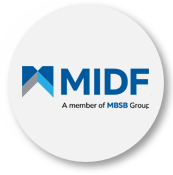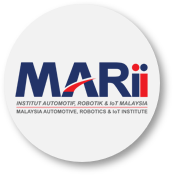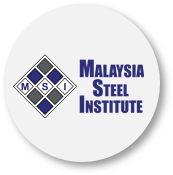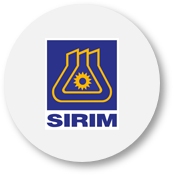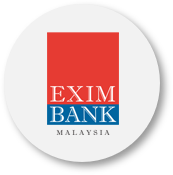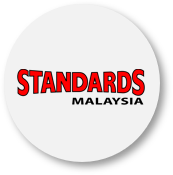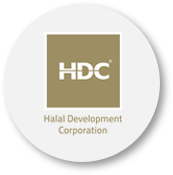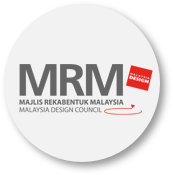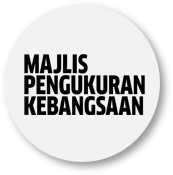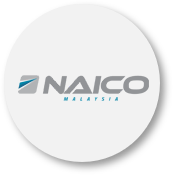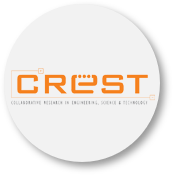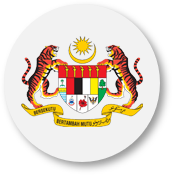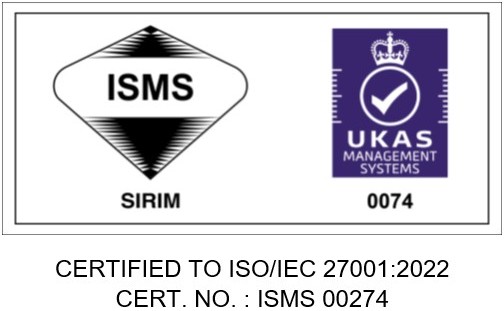-
- On 1 January 1995, World Trade Organisation (WTO) was established, with 166 member countries to-date, representing 98 per cent of world trade.
- The WTO is the sole international body overseeing the multilateral trading system, fostering global trade through market-opening measures and the development of rules that adapt to the evolving global trade landscape. Its core functions include:
- Administering WTO trade agreements
- Serving as a forum for trade negotiations
- Resolving trade disputes
- Monitoring national trade policies
- Providing technical assistance and training for developing countries
- Collaborating with other international organisations
- Malaysia has been a member of the WTO since its establishment on 1 January 1995, building on its membership in the General Agreement on Tariffs and Trade (GATT) since 24 October 1957 and active participation in the Uruguay Round. This status positions Malaysia as one of the WTO's founding members.
- Malaysia has greatly benefited from the transparent and predictable trading environment fostered by the WTO, contributing to the nation's economic growth and development. Reduced trade barriers and expanded market access have supported Malaysia's trade expansion, while ensuring non-discriminatory treatment for its exports of goods and services. Additionally, WTO-based trade remedies offer Malaysian industries protection against unfair trade practices.
- The Ministry of Investment, Trade and Industry (MITI) serves as the focal point for consolidating and streamlining Malaysia's active participation in the WTO. Malaysia is represented at the WTO by the Permanent Mission of Malaysia in Geneva, Switzerland.
- The current Director-General of WTO is Dr. Ngozi Okonjo-Iweala of Nigeria, who has served in the position since her appointment on 15 February 2021. She is the first woman and the first African to serve as the Director-General.
- WTO’s rules – the agreements – are the result of negotiations among member countries. The current set is largely the outcome of the 1986-94 Uruguay Round negotiations, which included a major revision of the original GATT.
- WTO govern trade in goods, services, and intellectual property, outlining principles of liberalisation alongside permitted exceptions. These agreements encompass:
- Commitments by member countries to reduce customs tariffs, lower trade barriers, and open services markets.
- Mechanisms for dispute resolution.
- Provisions for special and differential treatment for developing countries.
- Additionally, member governments must ensure transparency by notifying the WTO of relevant laws and measures and through regular trade policy reviews conducted by the Secretariat.
- All WTO legal texts can be accessed here.







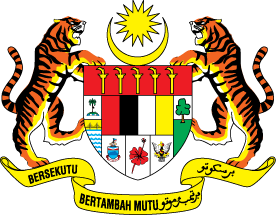





 Home
Home








